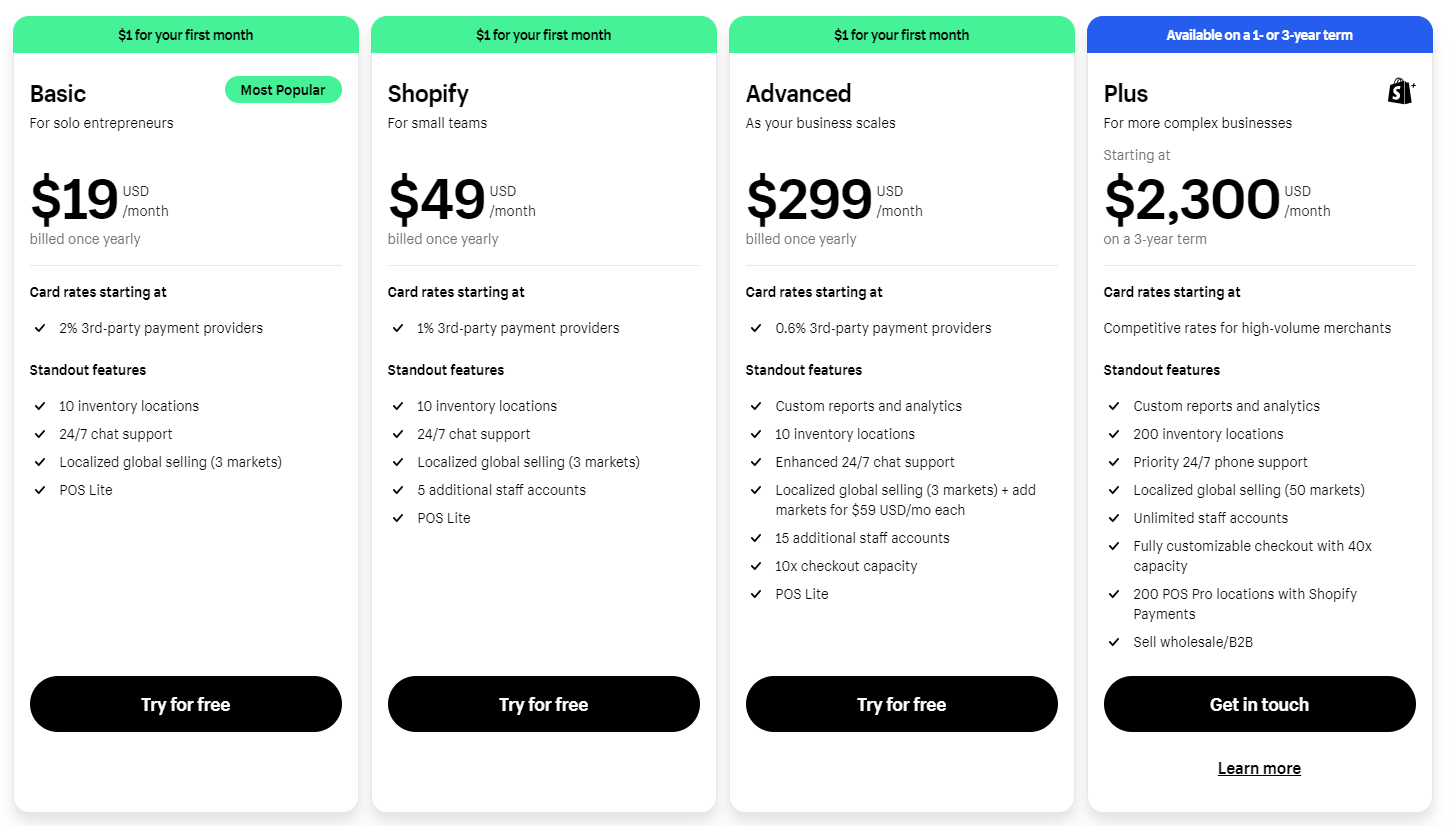In the fast-paced world of entrepreneurship and business ownership, maintaining accurate financial records is a non-negotiable task. This is where bookkeeping comes into play. Whether you’re a seasoned entrepreneur or just starting your business journey, understanding the ins and outs of bookkeeping is crucial for your financial success. In this comprehensive guide, we will unravel the mysteries of bookkeeping, exploring its various facets, responsibilities, benefits, qualifications, and more.
What Does Bookkeeping Consist Of?
At its core, bookkeeping involves the systematic recording and organization of financial transactions within a business. These transactions can encompass a wide range of activities, including sales, expenses, payroll, and more. Bookkeepers are responsible for ensuring that every financial transaction is accurately documented, providing a clear and organized financial trail for your business.
Types of Bookkeeping:
1. Double-Entry Bookkeeping:
Double-Entry Bookkeeping is considered the gold standard in accounting. It operates on the principle that every financial transaction has two sides: a debit and a credit. This meticulous approach ensures that your books always balance. When you record a transaction, you enter it twice, once as a debit and once as a credit, effectively maintaining the equilibrium of your accounts. Double-entry bookkeeping is highly accurate and widely used in businesses of all sizes.
2. Single-Entry Bookkeeping:
Single-Entry Bookkeeping, on the other hand, is a simpler method primarily used by small businesses with fewer transactions. In single-entry bookkeeping, each transaction is recorded only once, usually as an income or expense. While this approach is less complex, it may lack the precision and detailed insights offered by double-entry bookkeeping.
Bookkeeper Responsibilities
Bookkeepers are the financial gatekeepers of your business, entrusted with several critical responsibilities:
1. Managing Accounts Receivable and Payable:
Bookkeepers oversee the money coming into your business (accounts receivable) and the money going out (accounts payable). They track invoices, payments, and outstanding bills to ensure your business maintains healthy cash flow.
2. Recording Financial Transactions:
Every financial transaction, from a customer’s purchase to office supplies expenses, must be recorded accurately. Bookkeepers maintain detailed records of these transactions in a systematic manner.
3. Maintaining Financial Records and Reports:
Bookkeepers ensure that your financial records are organized and up-to-date. They also generate financial reports, such as income statements and balance sheets, which provide valuable insights into your business’s financial health.
4. Preparing Financial Statements:
Financial statements, like profit and loss statements and cash flow statements, are crucial for assessing your business’s performance. Bookkeepers prepare these statements, allowing you to make informed decisions.
Benefits of Bookkeeping

Now that we’ve covered the basics of bookkeeping let’s explore the advantages it offers to entrepreneurs and business owners.
1. Financial Clarity:
Bookkeeping provides you with a clear picture of your business’s financial health. You can easily track income, expenses, and profitability, enabling better financial decision-making.
2. Compliance:
Accurate financial records are essential for complying with tax laws and regulations. Bookkeeping ensures that you meet your tax obligations and avoid costly penalties.
3. Business Growth:
Having organized financial records makes it easier to secure loans or attract investors. Lenders and investors are more likely to trust businesses with transparent financial histories.
4. Strategic Planning:
With detailed financial data at your fingertips, you can develop informed business strategies. Bookkeeping helps you identify areas for improvement and opportunities for growth.
5. Peace of Mind:
Knowing that your financial records are in order provides peace of mind. You can focus on growing your business without worrying about financial chaos.
Bookkeeper Qualifications and Credentials
To entrust someone with your business’s financial well-being, you need to ensure they are qualified and trustworthy. Here are some qualifications and credentials to look for in a bookkeeper:
1. Education:
Many bookkeepers have formal education in accounting or finance, such as a bachelor’s degree. However, relevant experience can also be valuable.
2. Certification:
Certifications like Certified Bookkeeper (CB) or Certified Public Bookkeeper (CPB) indicate that a bookkeeper has passed rigorous exams and met specific experience requirements.
3. Software Proficiency:
Bookkeepers should be proficient in accounting software like QuickBooks or Xero, as these tools are essential for efficient bookkeeping.
4. References:
Always ask for references or reviews from previous clients to gauge a bookkeeper’s reputation and reliability.
Bookkeeping: Pros & Cons

Like any other business operations, bookkeeping has its advantages and disadvantages. Let’s explore both sides:
Pros of Bookkeeping
- Financial Accuracy: Bookkeepers ensure your financial records are precise and organized.
- Time Savings: Outsourcing bookkeeping frees up your time to focus on core business activities.
- Expertise: Professional bookkeepers bring expertise in financial management and tax compliance.
Cons of Bookkeeping
- Cost: Hiring a professional bookkeeper can be an added expense for your business.
- Confidentiality: Sharing sensitive financial information requires trust and confidentiality.
- Limited Control: Outsourcing bookkeeping means giving someone else control over your financial records.
Bookkeeping Software
Modern bookkeeping often relies on software to streamline and simplify the process. Here are some popular bookkeeping software options:
- QuickBooks: Widely used for its user-friendly interface and robust features, QuickBooks is suitable for businesses of all sizes.
- Xero: Known for its cloud-based accessibility, Xero is ideal for businesses needing remote access to their financial data.
- FreshBooks: Designed with small businesses in mind, FreshBooks offers invoicing, expense tracking, and timekeeping features.
- Wave: A free, user-friendly option for small businesses with basic accounting needs.
- Zoho Books: Offers a comprehensive suite of accounting tools for small and medium-sized businesses.
When to Hire a Professional?
Deciding when to hire a professional bookkeeper depends on the complexity and size of your business. Here are some indicators that it may be time to seek professional help:
- Business Growth: If your business is growing rapidly, managing finances may become overwhelming.
- Tax Season Stress: Preparing for taxes is a complex task; a professional can help ensure you’re compliant and maximizing deductions.
- Errors and Inefficiencies: Frequent mistakes or inefficiencies in your financial record-keeping are a sign that professional assistance is needed.
- Limited Time: If bookkeeping is consuming too much of your time, it’s best to outsource it and focus on growing your business.
Frequently Asked Questions:(FAQs)
1. What Are Ledgers and Journals?
Ledgers and journals are essential components of the double-entry bookkeeping system. A journal records individual transactions in chronological order, while a ledger organizes these transactions by accounts, such as cash, accounts payable, or accounts receivable.
2. What Are the Types of Financial Statements?
The main types of financial statements include:
- Income Statement (Profit and Loss Statement): Shows your business’s revenue, expenses, and profit over a specific period.
- Balance Sheet:Provides an overview of your business’s assets, liabilities, and equity at a particular point in time.
- Cash Flow Statement: Tracks the flow of cash into and out of your business.
3. How Often Should I Update My Books?
Regular bookkeeping updates are crucial for accuracy. Many businesses update their books weekly, biweekly, or monthly to ensure up-to-date financial information.
4. How Long Should I Keep My Financial Records?
The retention period for financial records varies by country and type of document. Generally, it’s recommended to keep records for at least seven years for tax and legal purposes.
What Is EcomBalance?

EcomBalance is a monthly bookkeeping service specialized for eCommerce companies selling on Amazon, Shopify, Ebay, Etsy, WooCommerce, & other eCommerce channels.
We take monthly bookkeeping off your plate and deliver you your financial statements by the 15th or 20th of each month.
You’ll have your Profit and Loss Statement, Balance Sheet, and Cash Flow Statement ready for analysis each month so you and your business partners can make better business decisions.
Interested in learning more? Schedule a call with our CEO, Nathan Hirsch.
And here’s some free resources:
- Monthly Finance Meeting Agenda
- 9 Steps to Master Your Ecommerce Bookkeeping Checklist
- The Ultimate Guide on Finding an Ecommerce Virtual Bookkeeping Service
- What Is a Profit and Loss Statement?
- How to Read & Interpret a Cash Flow Statement
- How to Read a Balance Sheet & Truly Understand It
Conclusion
In conclusion, bookkeeping is the cornerstone of sound financial management for entrepreneurs and business owners. It ensures financial clarity, compliance, and strategic decision-making. Whether you choose to manage your books yourself or hire a professional, understanding the fundamentals of bookkeeping is vital for the success and sustainability of your business. Embrace the power of organized finances, and watch your business thrive.











